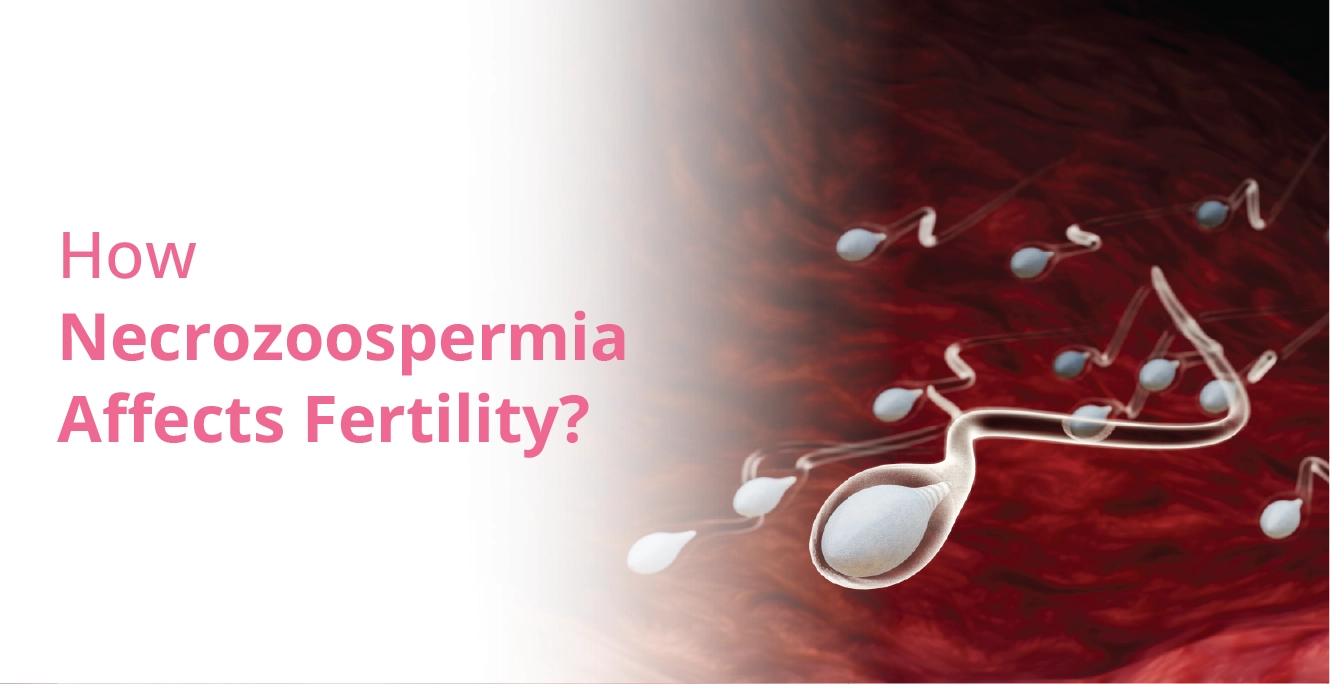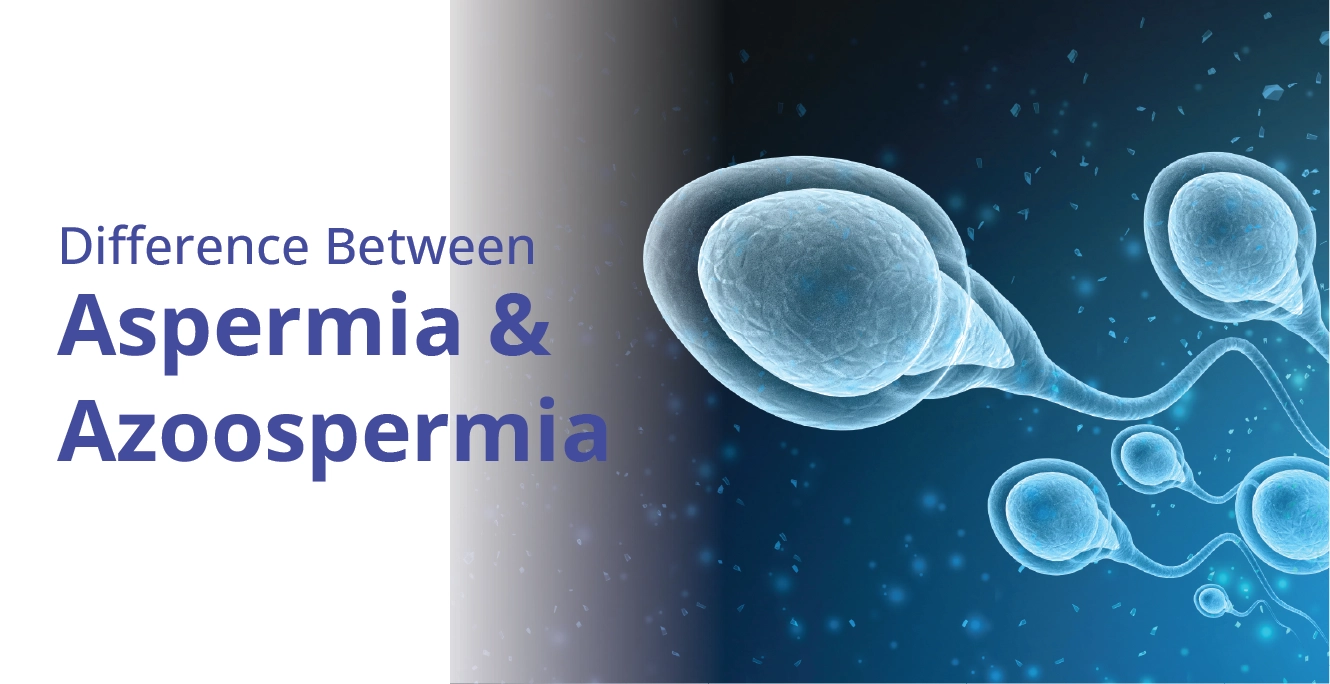
Orchitis: Causes, Symptoms & Treatment

Table of Contents
Pain or swelling in the testicles can be worrying, but it may be your body’s way of signalling that something needs attention. There are several reasons for these symptoms, and orchitis is one of them. It is a condition that causes inflammation of one or both testicles and is often linked to infection. While the name might sound serious, most cases of orchitis are completely treatable with early medical care. Let’s get a closer look at what orchitis is, why it happens, and how to manage it effectively.
What is Orchitis?
Derived from the Greek word “orchis,” meaning testicle, orchitis literally translates to inflammation of the testes and can affect one or both testicles and mostly occurring due to viral or bacterial infections. There are two types of orchitis: when this condition appears suddenly, it is called acute orchitis, and when it persists over time, it is called chronic orchitis. In some cases, it develops alongside inflammation of the epididymis (the coiled tube behind the testis), a condition known as epididymo-orchitis.
Causes of Orchitis
There are several causes of orchitis, and they differ depending on whether the infection is viral or bacterial:
| Type of Orchitis | Potential Causes |
| Viral Orchitis |
|
| Bacterial Orchitis |
|
| Other Contributing Factors | The other reasons could be:
|
Symptoms of Orchitis
The symptoms of orchitis can vary depending on its cause and severity. Common signs include:
- Sudden testicular pain and tenderness (often on one side)
- Swelling of one or both testicles
- Redness and warmth in the scrotal area
- Heaviness or dull ache in the lower abdomen or groin
- Fever and chills
- Pain during urination or ejaculation
- Discharge from the penis (in bacterial cases)
- Nausea or general malaise
If left untreated, orchitis can lead to complications like atrophy, a condition that leads to testicular shrinkage or reduced sperm production.
Diagnosis of Orchitis
A healthcare provider will perform a physical examination to check for tenderness, swelling, and redness of the scrotum. Additional diagnostic tests may include:
- Urinalysis and urine culture: To detect bacterial infection or the presence of pus.
- STD tests: To check for gonorrhoea or chlamydia.
- Ultrasound: To differentiate orchitis from other conditions like testicular torsion (a medical emergency).
- Blood tests: To look for signs of infection or elevated white blood cell count.
Prompt diagnosis is essential to begin effective treatment and prevent fertility issues.
Treatment of Orchitis
The treatment for orchitis depends on the underlying cause, whether it is bacterial or viral.
Bacterial Orchitis Treatment
- Antibiotics: Your doctor may prescribe doxycycline, ciprofloxacin, or ceftriaxone, depending on the type of infection.
- Pain relief: Over-the-counter painkillers like ibuprofen or paracetamol help reduce discomfort. But it is always advised to take medicines after a doctor’s consultation.
- Scrotal support: Wearing supportive underwear can relieve pain and reduce swelling.
- Hydration and rest: Staying hydrated and getting adequate rest aid faster recovery.
Viral Orchitis Treatment
There is no specific antiviral treatment for mumps orchitis. Management focuses on symptom relief through:
- Cold compresses: Applying cold packs can help reduce swelling and pain.
- Bed rest: Resting helps reduce discomfort and speeds up recovery.
- Pain relievers: Paracetamol or ibuprofen can ease pain and lower fever.
- Scrotal elevation: Elevating the scrotum helps minimise swelling and improve comfort.
How Orchitis Affects Male Infertility?
Impact on fertility is one of the key concerns associated with orchitis. Here is how it may impact fertility:
- Testicular atrophy: Chronic inflammation can cause the testis to shrink and lose its function.
- Reduced sperm production: Infection can damage sperm-producing cells, leading to oligospermia- a condition of low sperm count.
- Obstruction: Inflammation can block sperm transport pathways, thus restricting the flow of sperm to reach the egg.
- Hormonal imbalance: Severe cases may interfere with testosterone production.
In mumps-related orchitis, the risk of infertility increases if both testicles are affected. Fortunately, in most bacterial cases, fertility returns to normal once the infection is treated promptly.
5 Tips to Prevent Orchitis
While not all cases can be avoided, several preventive measures can reduce the risk:
- Vaccination: Getting the MMR (measles, mumps, rubella) vaccine helps prevent mumps-related orchitis.
- Safe sexual practices: Use of condoms helps reduce the risk of STIs.
- Timely treatment: Early treatment of urinary or prostate infections may prevent progression of the condition.
- Good hygiene: Maintaining genital hygiene helps avoid bacterial infections.
- Avoid prolonged catheter use: If medically possible, use sterile techniques and change catheters regularly.
How Common is Orchitis?
Orchitis is relatively not that common, but when it occurs, it usually affects young adult men between the ages of 15–35 years. Bacterial orchitis is more frequently seen in men with urinary infections or prostate enlargement, particularly in older age groups.
When Should You Consult a Doctor?
If you experience any of the following symptoms, seek medical advice:
- Sudden and severe testicular pain
- Swelling or redness in the scrotal area
- High fever with chills
- Painful urination or discharge
- Persistent heaviness or discomfort in the groin
Takeaway
While testicular pain might make you worried, you should know that it is treatable. With proper care and medical intervention, recovery is often quick and complete. If you notice unusual pain or swelling, it is always better to get checked early rather than worry in silence.
If you notice persistent testicular discomfort or swelling, do not delay seeking care. Consult our reproductive health specialists at Birla Fertility & IVF for timely medical evaluation, better recovery, and safeguarding your reproductive health.
FAQ’s
Can we reverse orchitis-related infertility?
In most cases, if timely treatment is opted for, orchitis-related infertility can be reversed. However, severe or bilateral orchitis that affects both testicles may cause permanent damage to sperm-producing cells, which can cause infertility issues.
Are there any home remedies to treat orchitis?
Some home remedies, like cold compresses and rest, can help relieve pain, but they cannot replace medical treatment, especially if a bacterial infection is suspected. Always consult a doctor before self-treating.
What is the difference between orchitis and testicular torsion?
- Orchitis: It usually develops gradually and is caused by a bacterial or viral infection that leads to inflammation, pain, and swelling.
- Testicular torsion: It occurs when the spermatic cord twists, cutting off the blood supply. Pain occurs suddenly, making it a medical emergency.
Our Fertility Specialists
Related Blogs
To know more
Birla Fertility & IVF aims at transforming the future of fertility globally, through outstanding clinical outcomes, research, innovation and compassionate care.
Had an IVF Failure?
Talk to our fertility experts

 Our Centers
Our Centers



















